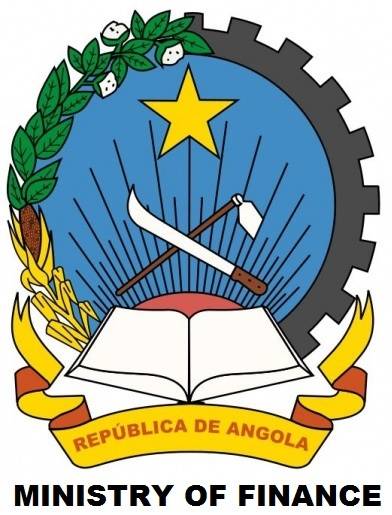The Government of Angola is aware that the high reliance on the oil sector represents a vulnerability to the public finances and the economy more broadly. The sustained efforts over many years to promote economic diversification have already resulted in a significant increase in the contribution of the non-oil sector to GDP to 69,1% percent today, compared to 40 percent in the mid-80s. However, the oil sector still represented over 95% percent of export earnings and 52% percent of government revenue in 2015.
The Government is therefore committed to the economic diversification objectives of the National Development Plan 2013-17 and considers preserving macroeconomic stability and moving forward an ambitious structural reform agenda essential elements of the strategy to achieve these goals. With a view to designing macroeconomic policies and reforms to restore strong and sustainable economic growth, strengthening the institutional framework underpinning our economic policies, addressing our balance of payment needs, and maintaining an adequate level of international reserves, the Government has requested support of the IMF to complement the already steadfast response to the decline in oil prices.
The Government will work with the IMF to design and implement policies and structural reforms aimed at improving macroeconomic and financial stability, including through fiscal discipline. The Government seeks to establish a profile of public expenditures that is consistent with its goal of sustainable development and is committed to reforming the non-oil tax system, the efficiency of which needs to be improved further. Efforts will be geared towards simplifying the tax system, broadening the tax base, and reducing tax evasion. The Government is also implementing an ambitious program of fuel subsidy reform.
The Government is committed to improving transparency in the public finances and the banking sector. There is a strong belief within the Government that the continued drive towards enhanced transparency can be accelerated by partnering with an institution like the IMF.
In the near term, our diversification efforts will be focused on the agricultural and fisheries, mining, education, financial services, water, sanitation and the health sectors. The Government considers the further expansion of these sectors to be an important tool in improving employment across Angola, particularly in the rural areas. In contrast to the oil sector, which is capital-intensive and does not require a large number of workers, these non-oil sectors are significantly more labour-intensive and many do not require a high level of skill, thus a significantly broader segment of Angola’s population is eligible for employment.
The Government continues to partner with the World Bank and the AfDB to reduce costs of infrastructure projects by strengthening the project appraisal framework and improving the procurement system.
It is expected that the Angolan authorities will start IMF supported program discussions in mid-April, during the upcoming Spring Meetings in Washington. These discussions, which will continue shortly thereafter in Angola, will define clearly the scope of economic policy measures to undertake given the requirements of the Extended Fund Facility (EFF) with strong focus on structural reform, to address institutional and economic weaknesses, maintain macroeconomic and financial stability, unleash the economic potential of the private sector, and reduce reliance on the oil sector.












